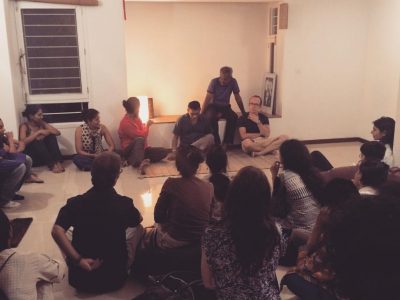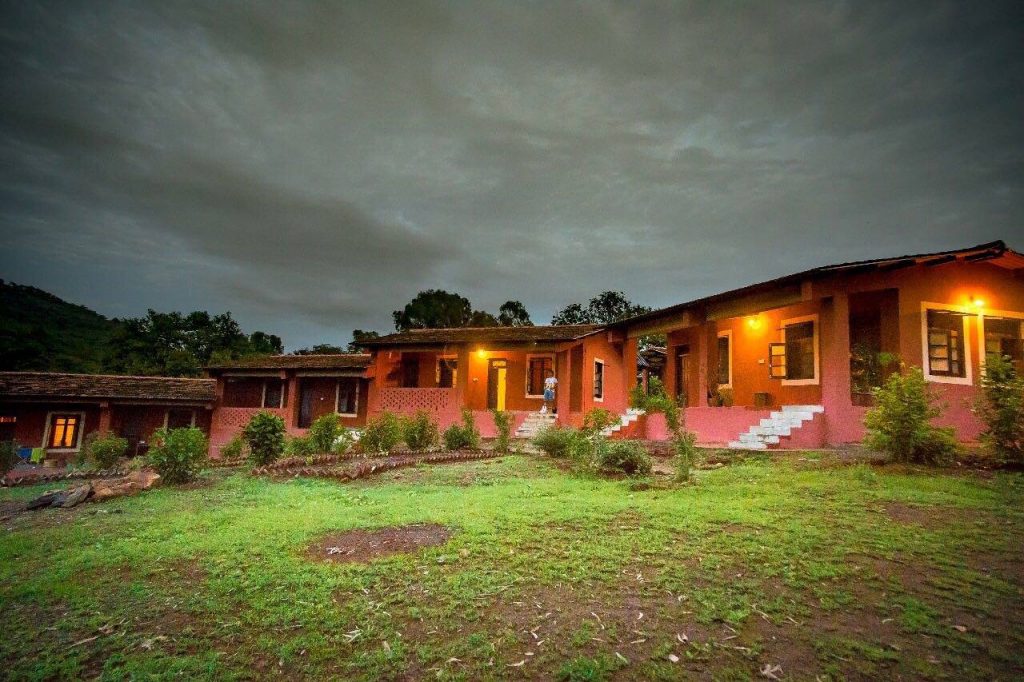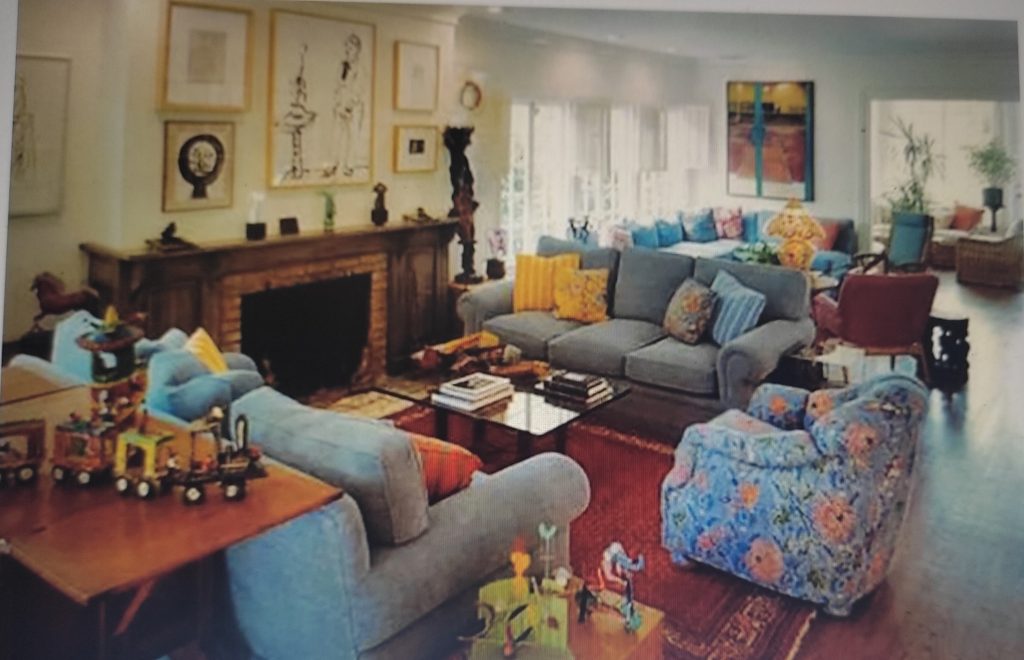“In the darkest of times it has been strangers that have renewed my faith in theatre and kept me going,” says Chanakya Vyas, Artistic Director of Indian Ensemble, a theatre group based in Bangalore. He recounts how people he barely knew wrote out cheques when he was short of funds while creating his play Algorithms. “After the Mumbai run at Prithvi, we were completely in the red, and didn’t even have funds to pay the actors, and this person (who doesn’t want to be named) said he’d be happy to write off 50% of the loss. Sure, it wasn’t a huge amount, but it was a big deal, for someone who didn’t have any real interest in the arts to do this for us on a whim.” He also remembers being introduced to someone in the United States while he was on a visit, someone that he “shamelessly asked for support”. She not only helped him out then, but followed it up later during her visit to India with a generous contribution. “I think it’s very personal, they take a liking to you, or your work and want to support you.” Chanakya adds that these ‘strangers’ do not consider themselves patrons of the arts. “It’s just a special personal connection that’s difficult to define,” he says.
He’s clearly not alone, because every once in a while, we see posts by theatre practitioners on Instagram and Facebook on how their work is made possible, not with support from the theatre fraternity, but from strangers. And it’s not just about funding, though that plays a very big part in a cash-strapped industry. This kindness comes in all shapes and forms.
Within a few months of starting Sandbox Collective in Bangalore, we (Shiva Pathak and I) received an email from a stranger asking us if we needed a space to work out of. The stranger was Niranjan Salimath, who ran a tech company out of a beautiful building called Beagles Loft, located within walking distance of the city centre, Bangalore’s most coveted real estate. He didn’t know us, but had heard about our work from writer Amulya Shruthi, another stranger (then).


The Loft was beautiful, with huge terraces and balconies, and massive workspaces to work or perform in. He could easily have rented it out for a sizeable monthly sum but instead, he chose to share it with us. We operated from here rent-free for five years! We performed shows and hosted several artists here, because, I forgot to mention, this space also had three massive bedrooms with attached baths. We, in turn, opened the building out to other artists looking for a space to read, rehearse, gather, stay, or even perform. What prompted Niranjan to write that email offering us the space is something we will never know, though it’s been nine years and we continue to be friends.
Kindness also comes at odd times, says playwright and director Nisha Abdulla. Like on a stressful and tiring day in the form of an autorickshaw driver when she was struggling to transport furniture for a show. If you know Bangalore you know how difficult it is to convince rickshaw drivers to take you anywhere, leave alone your furniture. “He refused as expected, and was very irritable, but after I explained to him what this was for and that we do theatre, he agreed, and we stacked the furniture, he even had to place one stool near his seat with drove with his leg on it, and we ended up having a long conversation about life and work.” She also remembers being offered space to rehearse her show while struggling to find an affordable rehearsal space. “I didn’t even know the person, but they gave me space. Also, the truth is that at least 40% of the funds for all my projects have come from rank strangers, I am very grateful, but I have no clue who they are,” she adds.
There are far too many stories to chronicle here, though someone should at some point, because it would make for a fascinating read to see how much support we have all received over the years, and where it has come from. Asking for a place to stay when we travel to another city is common practice these days, and most theatre folk request for help on social media. Friends connect them to other friends and before you know it, a complete stranger will offer a room and hot chai in the morning! Actor Shivani Tanksale hosted two actors from Bangalore when How Cow Now Cow, a children’s play, travelled to Mumbai and didn’t have a budget for accommodation. She had no clue who she was hosting, all she knew was that they were there to perform, and that was enough for her to open her home to them.
Then there’s crowd funding, where complete strangers put their money in projects and artists they have no relationship with, with no returns expected. The Company Theatre Workspace, in Kamshet was a crowd funded project with the majority of the proceeds coming from strangers. This was 17 years ago, but not much has changed. A part of the ‘Remembering Veenapani’ theatre festival in Adishakti, Pondicherry is crowd funded every year. Also the very poetic, ‘Under the Sal Tree’ theatre festival initiated by the late Shukracharja Rabha in Goalpara district, Assam is run entirely by the volunteers from nearby villages thus saving an enormous amount of money, and transferring ownership of the festival to audience members. In the last year alone I’ve seen at least 8 theatre practitioners crowd fund their education abroad. While some funds may have come from friends and family, more than 50% is donated by strangers, who either identify with the cause or with the struggle of a young person trying to make something happen, or simply go by the recommendation of their friends and contribute.


Kindness is not something new; actress and screenwriter Salka Viertel aptly titled her 1969 memoir, The Kindness of Strangers, she certainly knew, having been the recipient of immeasurable kindness from strangers including Sinclair Lewis when she arrived in the United States in 1928 leaving behind a hugely successful stage career in Austria. In turn, Salka’s house became a refuge for artists fleeing Hitler’s Nazi Germany before the second world war. In 2020 writer Donna Rifkind paid homage to Salka with her book, ‘The Sun and her Stars: Salka Viertel and Hitler’s exiles in the Golden age of Hollywood’. She talks of how Salka went onto become a “Universal Mother’ for those fleeing Europe.

Everyone needs a gentle push sometimes, a nudge, a leg up or a helping hand, and we who work in the arts, plagued by a million problems like lack of funding, infrastructure and support, would do well to take a moment every now and then to thank the guardian angels that have kept us going.
Sometimes I wonder what it is that compels or evokes this kindness? What makes you connect with an artist or a piece of work, what is it that compels you to help or support? Irrespective of what your answer is, what your reasons are, may your tribe increase.








